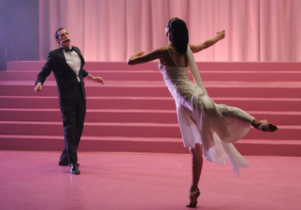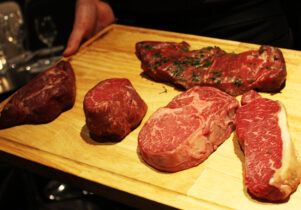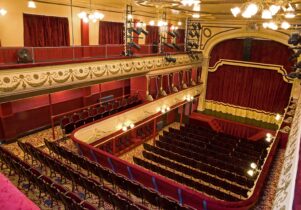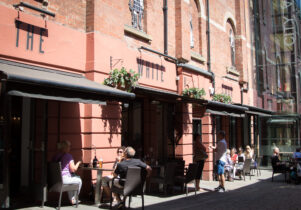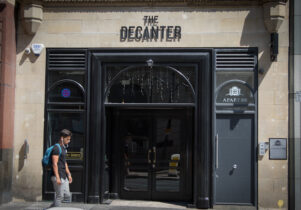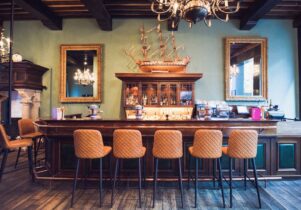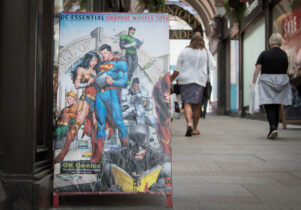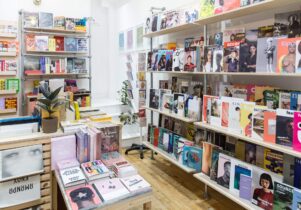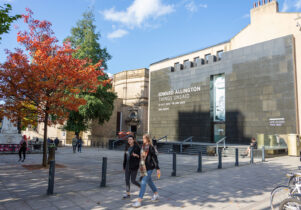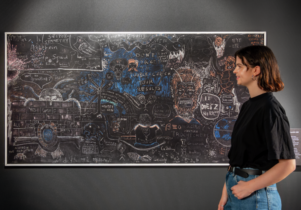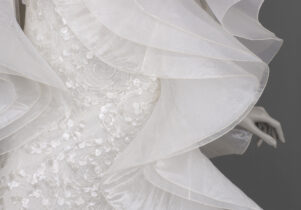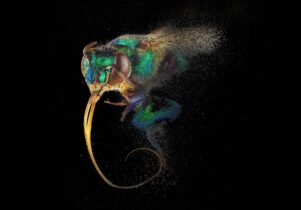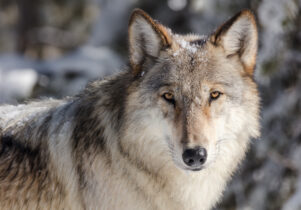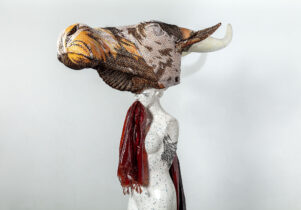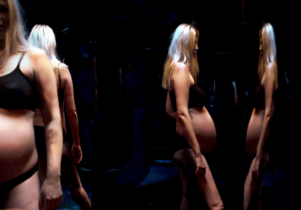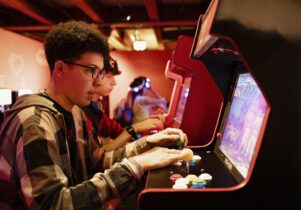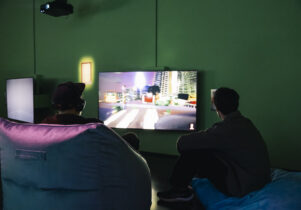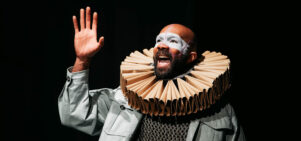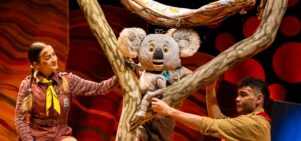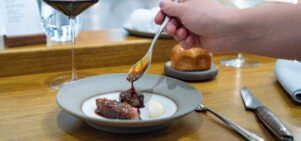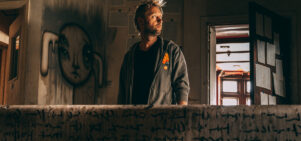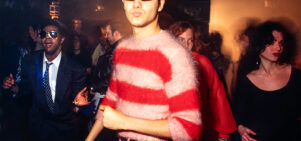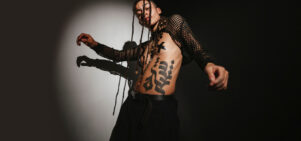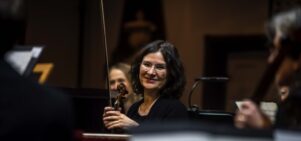Found Cities, Lost Objects at Leeds Art Gallery
Maja Lorkowska, Exhibitions Editor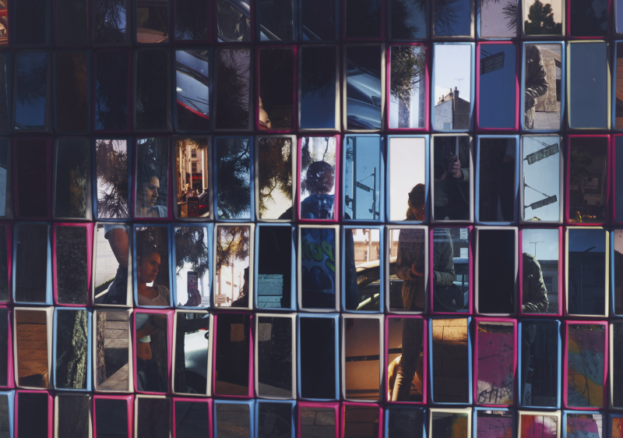
Leeds Art Gallery invites viewers to explore the urban environment through the eyes of women and gender non-conforming artists in the show Found Cities, Lost Objects.
Curated by the superstar artist, curator and cultural activist Lubaina Himid, the exhibition addresses topics of power, urban safety and navigation as well as more intimate aspects like belonging. How are cities constructed to allow privileges to some and limit others? How do urban environments impact the way we make choices, and more broadly, shape our lives? Through the works on display, Himid asks if it is possible to envision an inclusive city where everyone would feel comfortable and welcome.
Found Cities, Lost Objects features works from the Arts Council Collection and Leeds Art Gallery’s collection together with works by artists based in Leeds and Yorkshire. You’ll find pieces from over 40 artists, from Phyllida Barlow to Cornelia Parker and Mona Hatoum.
Photographer Hannah Starkey’s poster image for the exhibition Mirror – Untitled, September 2015, shows a reflection in a wall of mirrored tiles, drawing attention to both the fragmentation of the city and the fleeting moment of pause when urban living usually happens in a hurry. As a photographer wandering the city, she is an embodiment of the concept of the ‘flâneuse’ – a female wandering observer.
Rebecca Chesney’s intimate collection of works entitled Future Landscapes include small paper collages showing houses and apartment blocks adrift in the sea, often terrifyingly close to hurricanes or eruptions. These works are quiet and unassuming in style yet scream with a very clear message – this is what our cities will look like if humans continue on the path we’re currently on. At first glance they may seem like delicate little landscapes but on closer inspection they gain monumentality.
Elsewhere, you’ll come across a number of films including Rhea Storr’s A Protest, A Celebration, A Mixed Message, a piece which considers forms of authority and carnival as a subversive form of protest. Storr takes a closer look at the visibility of Black and mixed-race bodies in rural spaces.
These are just a few highlights from a show that thoroughly examines the urban environment and the way it’s utilised and explored by its female and non-binary residents and visitors. Found Cities, Lost Objects previously travelled to Birmingham, Southampton and Bristol so don’t miss the chance to see it while on display in the North.
